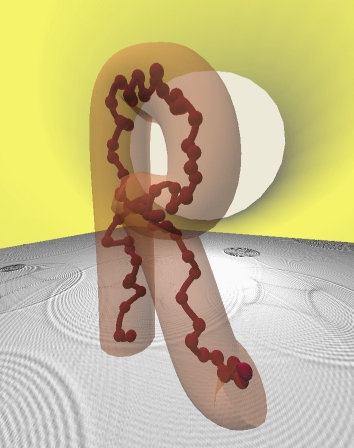Source code for RepTate.theories.TheoryTemplate
# RepTate: Rheology of Entangled Polymers: Toolkit for the Analysis of Theory and Experiments
# --------------------------------------------------------------------------------------------------------
#
# Authors:
# Jorge Ramirez, jorge.ramirez@upm.es
# Victor Boudara, victor.boudara@gmail.com
#
# Useful links:
# http://blogs.upm.es/compsoftmatter/software/reptate/
# https://github.com/jorge-ramirez-upm/RepTate
# http://reptate.readthedocs.io
#
# --------------------------------------------------------------------------------------------------------
#
# Copyright (2017-2023): Jorge Ramirez, Victor Boudara, Universidad Politécnica de Madrid, University of Leeds
#
# This file is part of RepTate.
#
# RepTate is free software: you can redistribute it and/or modify
# it under the terms of the GNU General Public License as published by
# the Free Software Foundation, either version 3 of the License, or
# (at your option) any later version.
#
# RepTate is distributed in the hope that it will be useful,
# but WITHOUT ANY WARRANTY; without even the implied warranty of
# MERCHANTABILITY or FITNESS FOR A PARTICULAR PURPOSE. See the
# GNU General Public License for more details.
#
# You should have received a copy of the GNU General Public License
# along with RepTate. If not, see <http://www.gnu.org/licenses/>.
#
# --------------------------------------------------------------------------------------------------------
"""Module TheoryTemplate
Template file for creating a new theory
"""
import numpy as np
from RepTate.core.Parameter import Parameter, ParameterType, OptType
from RepTate.gui.QTheory import QTheory
[docs]
class TheoryTemplate(QTheory):
"""The basic documentation of the theory goes here. Please, add as much information as possible
(references, equations, qualitative descriptions, etc. """
thname = "TemplateTheory"
description = "Template Theory"
citations = []
doi = []
# html_help_file = ''
single_file = (
False # False if the theory can be applied to multiple files simultaneously
)
def __init__(self, name="", parent_dataset=None, axarr=None):
"""**Constructor**"""
super().__init__(name, parent_dataset, axarr)
self.function = self.calculate # main theory function
self.has_modes = False # True if the theory has modes
self.parameters["param1"] = Parameter(
name="param1",
value=1,
description="parameter 1",
type=ParameterType.real,
opt_type=OptType.const,
)
# add widgets specific to the theory here:
[docs]
def get_modes(self):
"""If the theory provides Maxwell modes, fill this up (see examples in TheoryMaxwellModes.
If the theory does not provide modes, simply delete this function."""
tau = np.ones(1)
G = np.ones(1)
return tau, G, False
[docs]
def set_modes(self):
"""If the theory provides Maxwell modes, fill this up (see examples in TheoryMaxwellModes.
If the theory does not provide modes, simply delete this function."""
self.logger.info("set_modes not allowed in this theory (%s)" % elf.thname)
return False
[docs]
def destructor(self):
"""If the theory needs to clear up memory in a very special way, fill up the contents of this function.
If not, you can safely delete it."""
pass
[docs]
def calculate(self, f=None):
"""THIS IS THE FUNCTION THAT CALCULATES THE THEORY"""
ft = f.data_table
tt = self.tables[f.file_name_short]
tt.num_columns = ft.num_columns
tt.num_rows = ft.num_rows
tt.data = np.zeros((tt.num_rows, tt.num_columns))
tt.data[:, 0] = ft.data[:, 0]
tt.data[:, 1] = ft.data[:, 1] * ft.data[:, 1]
